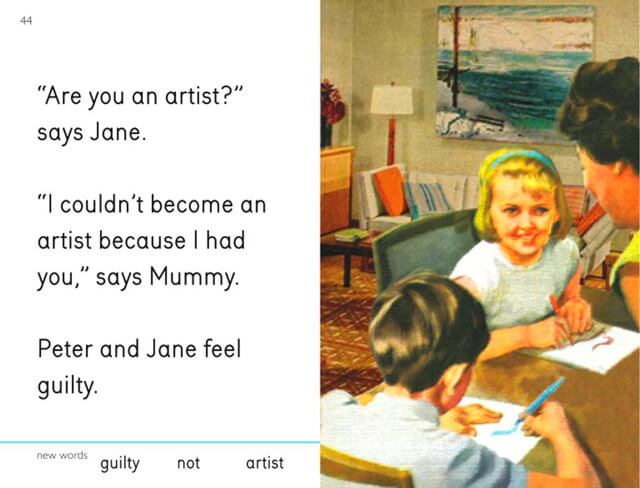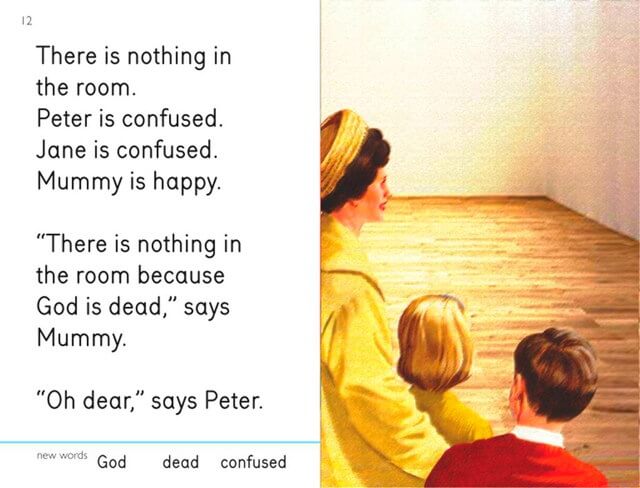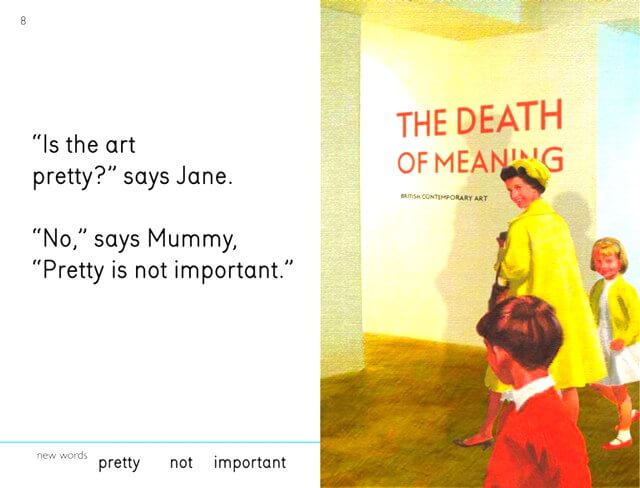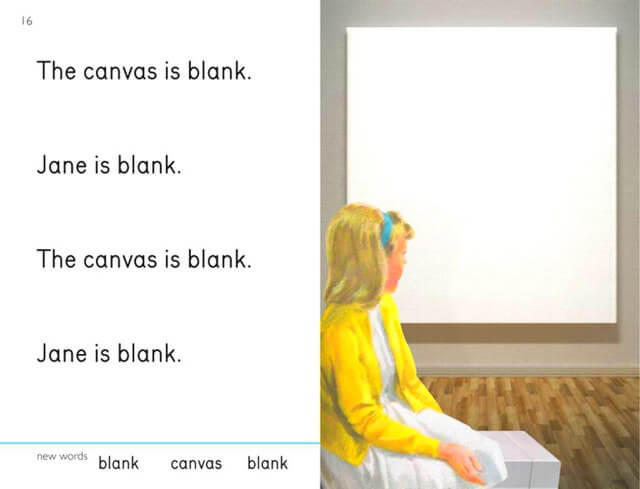Scott Martelle of the L.A. Times recently began a piece on global warming with this statement:
Here’s a statistic for you. Out of 10,855 peer-reviewed articles in scientific journals last year that dealt with some aspect of global warming, all but two accepted human behavior as the primary cause.
I published a post demonstrating that this was inaccurate. Martelle’s source, James Powell, reviewed abstracts of over 10,000 peer-reviewed articles that mentioned climate change or global warming — but he never claimed that all but two accepted human behavior as the primary cause” of global warming. Instead, he said that only two “rejected” it.
The distinction was critical, Powell never claimed that these articles all discussed the cause of global warming — and it is clear that many of the articles did not even address the premise that humans are the primary cause of global warming. Many of the articles, bearing names like “Life Cycle Assessment in Switchgears for Primary Electrical Distribution” or “Larval development of the feline lungworm Aelurostrongylus abstrusus in Helix aspersa,” mentioned global warming only in passing, and didn’t even pretend to address whether it was primarily caused by humans. So while these articles may not have “rejected” the notion that global warming is caused by humans, they certainly did not “accept” it — because they never addressed the issue.
I wrote Martelle and asked for a correction. He wrote me back this morning and has refused. Here is his email:
Hi, Patrick:
Thanks for the email, and the interest. I went back and looked at the original source and my wording, and while I recognize there may be a hair to split here, it doesn’t strike me as an error. I could have worded it better to make the context clearer, but to not reject is tacit acceptance. Others have raised your argument in the comments below the blog post, so that alternate view is represented.
Thanks,
Scott
(My emphasis.) Here is the email I have sent in response:
Mr. Martelle,
“To not reject” is not “tacit acceptance” if it is based on silence — in other words, if one has not addressed the issue at all. This morning’s L.A. Times editorials did not reject the idea that Joseph Stalin’s purges were morally justified. May I conclude that the editorial board “tacitly accepts” the morality of Stalin’s mass murder?
Less dramatically and more to the point: I demonstrated, in my email to you and in my blog post, that there are many articles reviewed by James Powell that do not address at all the issue of whether humans are primarily responsible for global warming. Here is one such article: LIFE CYCLE ASSESSMENT OF LEAD ACID BATTERY. CASE STUDY FOR THAILAND.
It’s true that this article does not reject the notion that humans are the primary cause of global warming. But it also does not reject the notion that non-human activity is the primary cause of global warming. Therefore, by your logic, the article “tacitly accepts” that non-human activity is the primary cause of global warming!
Indeed, by your logic, the article “tacitly accepts” two completely inconsistent premises — that humans are, and are not, the primary cause of global warming — by examining and mentioning neither premise.
I would not be surprised if hundreds, or perhaps even thousands, of these articles reviewed by Powell “tacitly accept” the notion that humans are not the primary cause of global warming, by that same logic.
You say this is hairsplitting. That is a convenient way to avoid correcting an error, but it does not withstand scrutiny. Imagine if an editorial writer employed your logic to bolster a premise you consider questionable, rather than one that you take for granted. Say, for example, that a draft editorial said: “A review of 100 speeches by Obama shows that he accepts the notion that states have the right to secede.” The writer offers as proof that Obama has never rejected that notion, so he “tacitly accepted” it.
Would you vote to attach the L.A. Times name to that opinion, based on that logic?
I believe readers were substantially misled by your statement. I am disappointed that you have been shown the flaw in your statement and still refuse to correct it. Any fair-minded person who runs across this exchange will trust you and the Los Angeles Times a little less. And they should — if you allow such misleading statements to stand.
Patrick Frey
patterico.com
I expect this is the end of it, but if I hear anything else, I will let you know.






